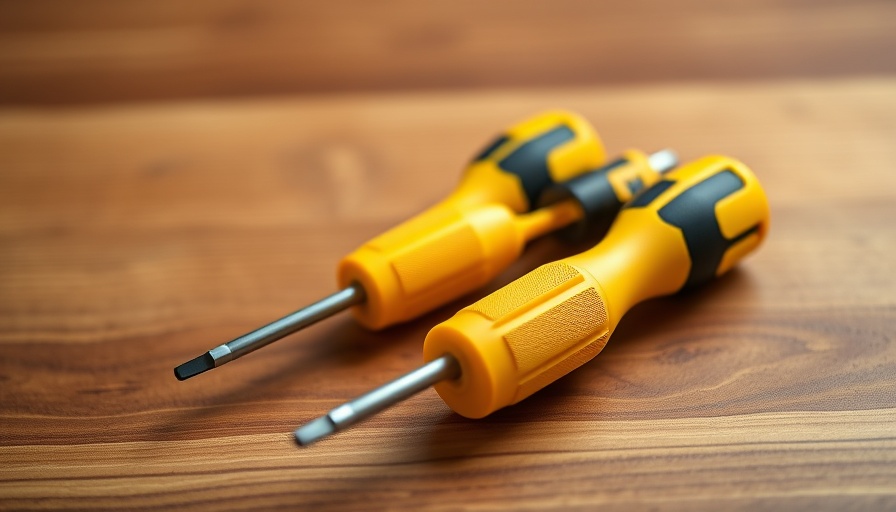
The New Normal for Auto Dealerships: A Positive Shift in Profitability
The automotive industry is witnessing a significant transformation as dealerships transition from the inflated profits seen during the pandemic to a more sustainable model. According to the recent Presidio Year-End 2024 Dealer Direction Survey, nearly two-thirds of dealerships—65%—anticipate higher profitability in 2025. This optimism marks a radical change from the previous midyear survey, where only 37% of respondents shared a similar outlook. The conclusion of the 2024 election seems to be a catalyst for this encouraging sentiment, signaling a potential stabilization in economic conditions that could benefit dealerships.
The Drivers of Profitability: Parts and Service Take Center Stage
A pivotal finding in the survey is the strong belief among dealers that parts and service will spark growth in their operations. An impressive 85% identified these sectors as key drivers for their businesses moving into 2025. With repair volumes increasing and labor rates rising industry-wide, many dealers are actively expanding their service capabilities. As one dealer reportedly stated, "We are preparing to grow our shops." This proactive approach to service expansions reflects a fundamental shift in dealership focus towards supporting long-term profitability, pivoting away from sole reliance on new car sales.
Valuation Insights: Rising Confidence Among Dealership Owners
Alongside profitability expectations, dealers exhibit a more favorable perspective on their deal values. The latest survey suggests that nearly two-thirds of dealership owners believe the value of their enterprises will either maintain or increase over the next year. This is a notable improvement from less than half indicating such confidence six months prior. This shift indicates an overall sense of stabilizing market conditions as dealers look to reassure investors and buyers about the enduring value of their franchises; confidence in dealership valuations correlates with expectations of sustained profitability.
Long-term Trends and Predictions: Beyond 2025
As we inch closer to 2025, industry experts believe that the trends started in this current survey could lead to broader shifts in the auto market. Dealerships that adapt to the evolving landscape—balancing service-oriented operations with traditional vehicle sales—may see rewards in resilience against market fluctuations. Given that seismic changes within the industry are likely to continue, including advancements in technology and servicing models, dealerships must remain agile to capitalize on the trends emerging in response to consumer demands.
Conclusion: Embracing the Future with Optimism
The insights from the Presidio survey offer a glimpse into a cautiously optimistic outlook for auto dealerships in 2025. With an emphasis on growth in parts and service, alongside improved valuations, the future appears bright for those willing to innovate and adapt to the changing market landscape. By staying informed on industry shifts, dealership principals, GMs, and Fixed Ops Directors can position themselves strategically to harness upcoming opportunities.
 Add Row
Add Row  Add
Add 




Write A Comment